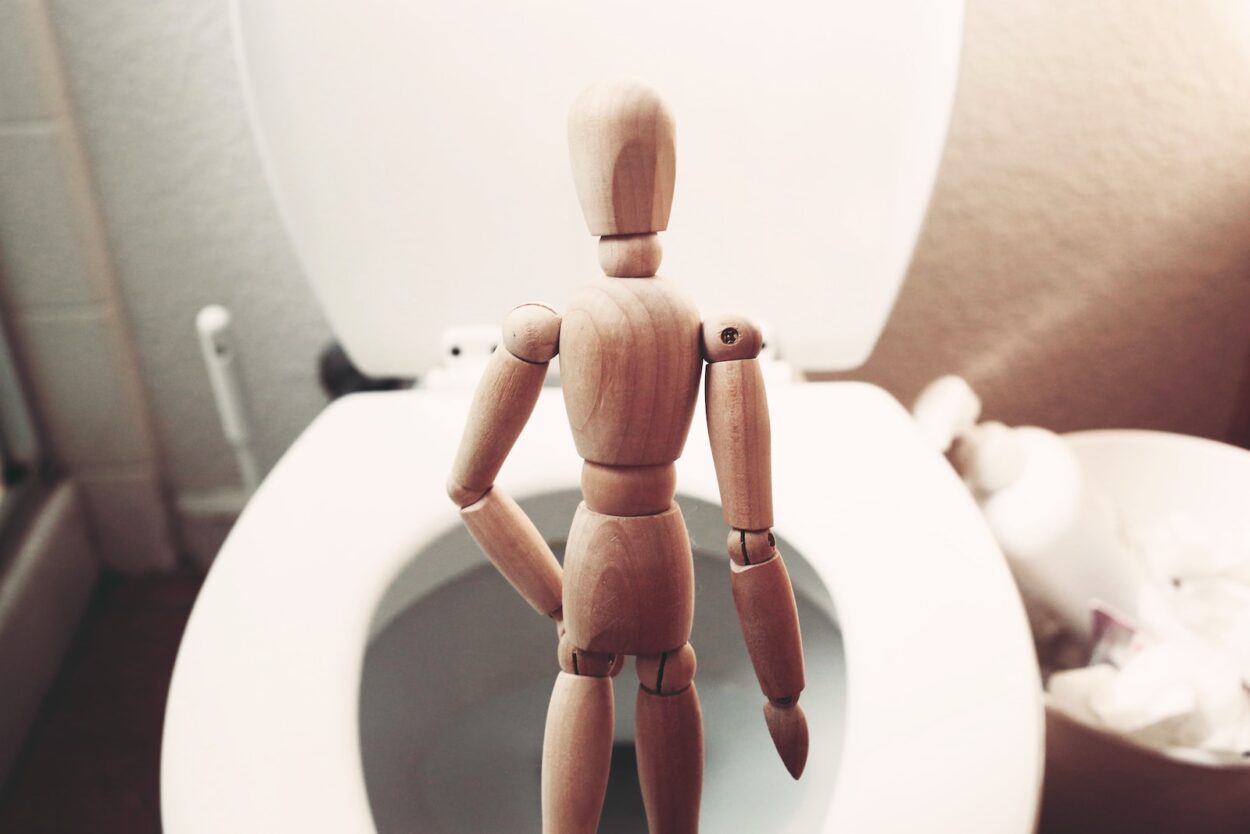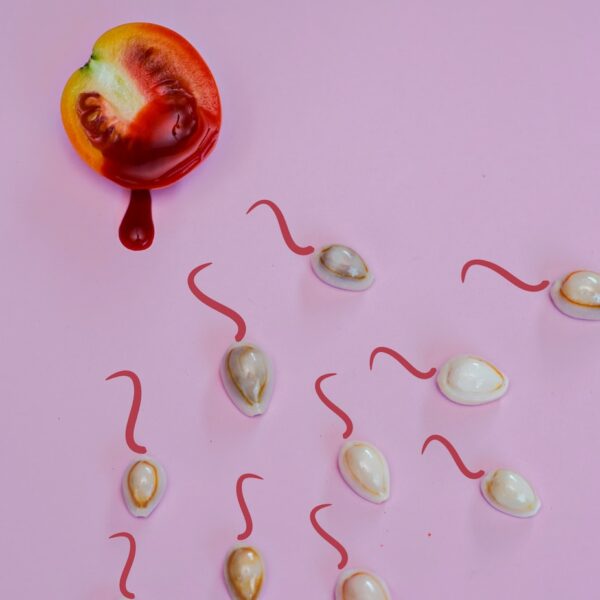Many men wonder if it is normal to feel the urge to pee frequently after sexual activity. Urinating immediately after sex helps clear out any bacteria around the urethra that could cause infection.
However, if you are experiencing pain after urinating, there may be something else going on down there.
Urinary Tract Infections
Many people, both men and women, get urinary tract infections (UTIs) at some time in their lives. They usually respond quickly to antibiotics and don’t come back often. But, if you’re experiencing UTIs frequently (3 or more times per year), it’s important to talk to your health care team to discuss why and find ways to prevent them from coming back.
Bacteria can enter the urinary tract from the genital area when you’re having sex, especially if you don’t use condoms or have anal sex with multiple partners. Having sex increases your risk for UTI because it causes friction and movement around the opening of your urethra (the tube that runs from the bladder to the clitoris or penis).
A UTI may be painful in the vulva, pelvic area, and anus and can cause symptoms like pain with urination, frequent urination, feeling that you need to pee even after you urinate, and blood in your urine. You may also feel a burning sensation when you urinate.
Infections in the bladder can spread to the kidneys, which can cause a more serious condition called pyelonephritis. This requires immediate treatment because it can lead to kidney failure or sepsis. If you’re experiencing a severe case of UTI, see your doctor right away for antibiotics and symptom relief. Once your infection is under control, follow these tips to help you avoid future UTIs.
Prostate Problems
Men have a small gland in their pelvis called the prostate. It is about the size of a walnut and surrounds the tube that carries urine out of the body. The prostate also makes fluid that mixes with sperm to make semen. The prostate also plays a role in hormone production and in keeping the pH balance of semen. Problems with the prostate can cause urinary symptoms, such as urinating frequently or having an urgent need to do so.
The most common prostate problem is an enlarged gland called benign prostatic hyperplasia (BPH). This condition is more likely to happen as you get older. BPH doesn’t raise your risk for cancer. But it can be uncomfortable.
Another common prostate problem is bacterial prostatitis, an infection that can cause painful urination and blood in your urine. If you have this type of prostatitis, you may need to stay in the hospital for treatment with antibiotics. You might also need pain medicines. And you might need medicine to relax muscles in the urethra, such as alpha-blockers.
A less common prostate problem is prostate cancer. It doesn’t usually cause symptoms, but it can grow into a large tumor that blocks the urethra and causes urination problems. You might need treatment with medicine or radiation. Or you might be able to control your symptoms with watchful waiting (also called active surveillance). This means that you and your doctor will keep track of your signs and symptoms and decide when to start treatment if needed.
Urethral Irritation
Urethral irritation, also called interstitial cystitis, may cause the urge to urinate frequently. It’s like a bladder infection, but the symptoms are more severe and painful. It can occur because of a sexually transmitted disease (STI), or from anal or oral sex without using a condom. It can also be caused by a narrowing of the urethra; medications that affect how the bladder empties; cancer treatments; and hormone imbalances, especially during menopause.
Some people are at greater risk for getting UTIs. Women, for example, have a higher chance of getting them, especially when they’re younger. This is because their urethra is shorter than men’s. They’re also more likely to get an infection that spreads from the bladder to one or both kidneys, a serious condition known as pyelonephritis.
A few simple habits can help prevent UTIs. For instance, urinating immediately after sexual activity can flush bacteria from the urethra’s opening. You can also drink more water to stay hydrated, and avoid scented products around the genitals, which can irritate the skin there. Some people find that cranberry juice helps ease their UTI symptoms. Other natural remedies include probiotics, garlic capsules and lowering estrogen levels.
Urinary Tract Disorders
The bladder and urethra form the urinary tract, which processes urine and carries it away from the body. Many health problems can affect the urinary tract, including bladder infections (UTIs), kidney stones and enlarged prostate. Some conditions can be specific to men or women, while others are common to both sexes.
A UTI can be caused by bacteria that enter the urethra from the genital area. This can happen if you have unprotected sex or use a spermicide, which can harm the protective bacteria in your urethra and bladder. You might also get a UTI if you have a chronic bladder condition called interstitial cystitis.
Your urethra is about 20 centimetres long, and it connects to the bladder through a small tube called the ureters. The bladder is a hollow organ that holds urine and signals when you need to pee. When your bladder is full, it sends a message to the urethra to empty the bladder, and a ring of muscle at the end of the urethra prevents urine from leaking out.
The most common type of UTI is a bladder infection, which can be caused by bacteria. You might also have a UTI if you have an enlarged prostate, which is more common in older men. Other symptoms of a bladder infection include painful or burning urination and a strong urge to urinate often.




Leave a Comment